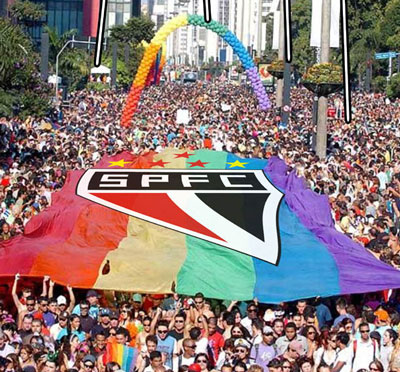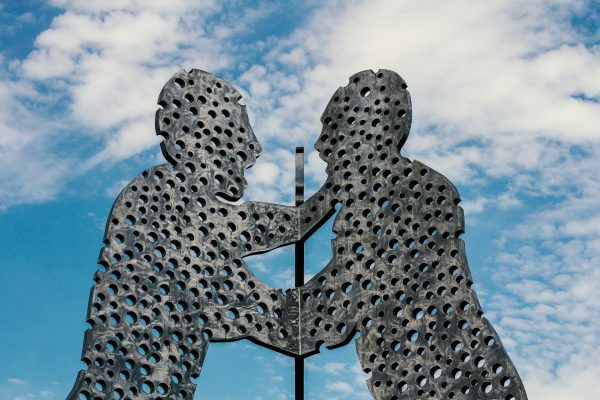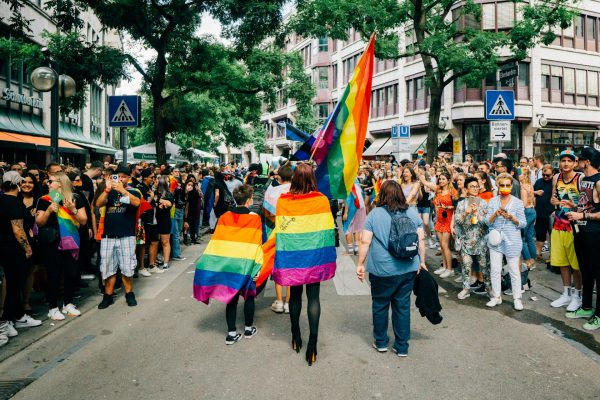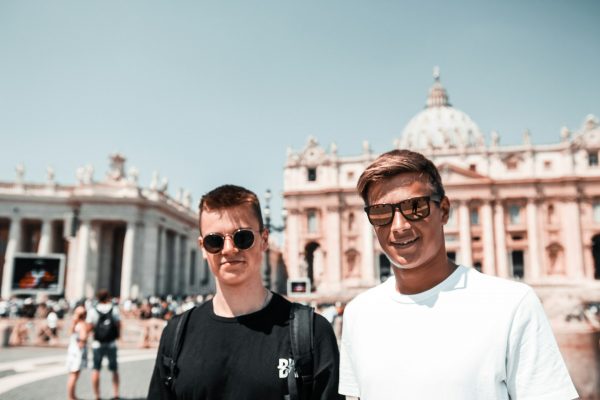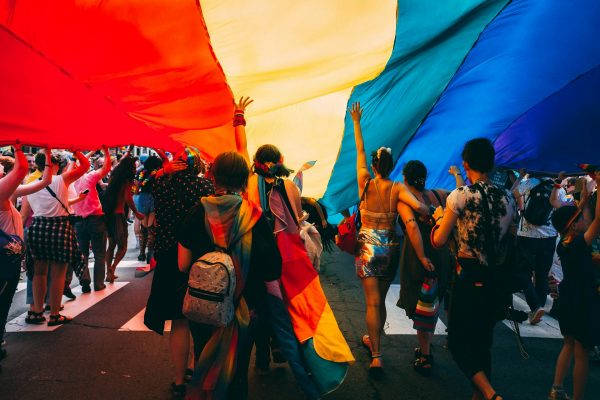São Paulo is the biggest city in Brazil. It is also the third largest metropolis in the world; just behind Tokyo and New York, respectively. With GDP calculations, São Paulo ranks as the 12th richest city in the world (2016), according to Euromonitor International. Due to its important role on both the national and international levels– politics in São Paulo draw a great deal of attention while setting patterns for both big cities and small towns in Brazil. Hopefully, the initiative that I am approaching in this article will inspire mayors, governors, presidents, and civil initiatives to take action.
São Paulo Gains an LGBT Reference Center

São Paulo 2015-03-27 Inauguração do Centro de Cidadania LGBTT – Foto Cesar Ogata / SECOM.

Caption: São Paulo of all loves and all colors. São Paulo of diversity.
Not surprisingly, Arouche Street, in the district of República, was the chosen venue for the enterprise. Known for its LGBT scene since the 1930’s; the area is frequented by lesbian, gay, bisexual, and transgender people after working hours and throughout the weekend.
The center will offer services that range from psychological to legal assistance. Twenty professionals will be available to assist the citizens, especially those who happen to be victimized by homophobia and its congeners. People will also be able to attend lectures, debates, and get tested for HIV – absolutely free of charge. The venue will be open from 9 AM to 9 PM, from Monday thru Friday.

Mayor Haddad posing for selfie with a transgender woman.
The investment totals one million reais (Brazilian currency), which is near 300 thousand dollars according to the rates of April 2016. The majority of the money came from the municipality (800 thousand), but the Federal Government also helped (200 thousand). The center counts on 400 m2 and it’s considered the biggest in Brazil.
A Need For Change
Minister Salvati from the Secretary of Human Rights of the Presidency of the Republic, highlighted the vulnerability of the LGBT niche of the Brazilian population:
“It is a daily job that can only be done with physical structure and continuous work [geared] towards a change in culture. All forms of violence and prejudice have their roots in the claim . . . “I have rights; he doesn’t. There is a conception of power,” she exclaimed.
The minister stressed that this population often does not know what rights they are entitled to, which makes the reference center extremely important. It will welcome the underserved people and provide them with guidance and advice.
According to the Coordination of LGBT Policies in the municipality, between 2012 and 2013, São Paulo recorded 450 cases of human rights violations against transvestites, lesbian, gay, bisexual, and transexual people.
The mayor of São Paulo Fernando Haddad, also asked for a transformation in the population’s mindset:
“To change people’s behavior in face of this social problem, which victimizes so many people, either with violence–or sometimes–with death itself. So, we have to be very aware of that and change culture, change the mindset.”
São Paulo 2015-03-27 Inauguração do Centro de Cidadania LGBTT – Foto Cesar Ogata / SECOM
Address: Arouche Street, 23, 4º floor, República – São Paulo/SP – Brazil
Opening Times: From Monday to Friday, from 9 am to 9 pm


